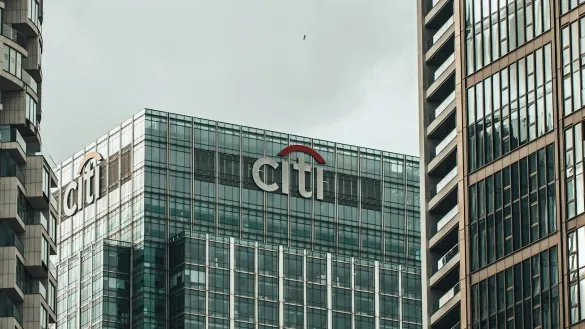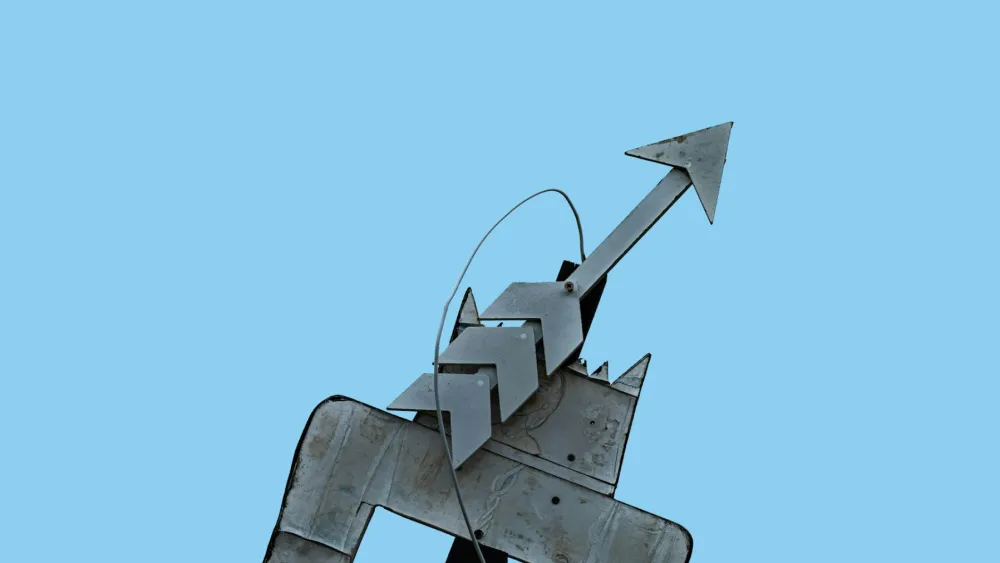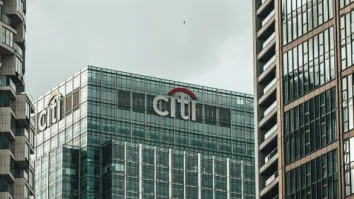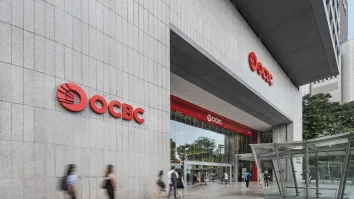
Why bad debt at Vietnamese banks are likely to spiral out of proportion
It's partly to do with slow progress.
Bad debt at Vietnamese banks will likely continue to spiral out of proportion, as a state-owned company created to clean up the country's nonperforming assets makes slow progress in the undertaking.
According to a research note from SNL Financial, among major banks in Vietnam, Vietnam Joint Stock Commercial Bank for Industry & Trade, or VietinBank; Joint Stock Commercial Bank for Foreign Trade of Vietnam, or Vietcombank; and Joint Stock Commercial Bank for Investment & Development of Vietnam, or BIDV, all reported spikes in their nonperforming loan ratios in the first half.
VietinBank reported an NPL ratio of 2.53% as of June 30, which jumped from 1.78% as of March 31 and from 1.00% at the end of 2013. BIDV's NPL ratio rose to 2.30% as of June 30 from 2.02% three months earlier and from 2.26% as of Dec. 31, 2013, while the figure for Vietcombank climbed to 3.09% at the end of the first half from 2.65% as of the end of the first quarter and from 2.73% six months earlier.
Including smaller banks in the country, Vietnam Technological & Commercial Joint Stock Bank, or Techcombank, had the highest NPL ratio with 4.12% as of June 30, followed by Asia Commercial Joint Stock Bank with 3.65% and Petrolimex Group Commercial Joint Stock Bank, or PG Bank, with 3.17%.
The data underscores a struggle by Vietnam Asset Management Co., or VAMC, to take over bad debt from banks.
Here’s more from SNL Financial:
The agency was set up by the Vietnamese government in 2013 to purchase soured loans in exchange for zero-coupon bonds, which banks can use as collateral to receive refinancing funds from the central bank.
The efforts have not been progressing quickly as a range of obstacles remain in place. Particularly, the lack of a market allowing VAMC to sell such assets means bad debt is currently only changing hands, remaining in the banking system.
"VAMC has been buying some of the bad debts from the banks, but as far as the NPL cleanup is concerned, basically it's just transferring some NPLs from the banks' books to VAMC.
In terms of the progress, I think the banks have been given five years of time frame to clean up these bad debts booked to VAMC as they can accept 20% each year, up to five years. In terms of that front, the progress is very slow," an analyst at Fitch Ratings told SNL Financial.
Fitch rates select Vietnamese banks B, a "highly speculative" level, and NPLs are one reason why they are rated lower than the Vietnamese government. Fitch said Nov. 3 that it upgraded the country's sovereign rating to BB- from B+.



















 Advertise
Advertise













